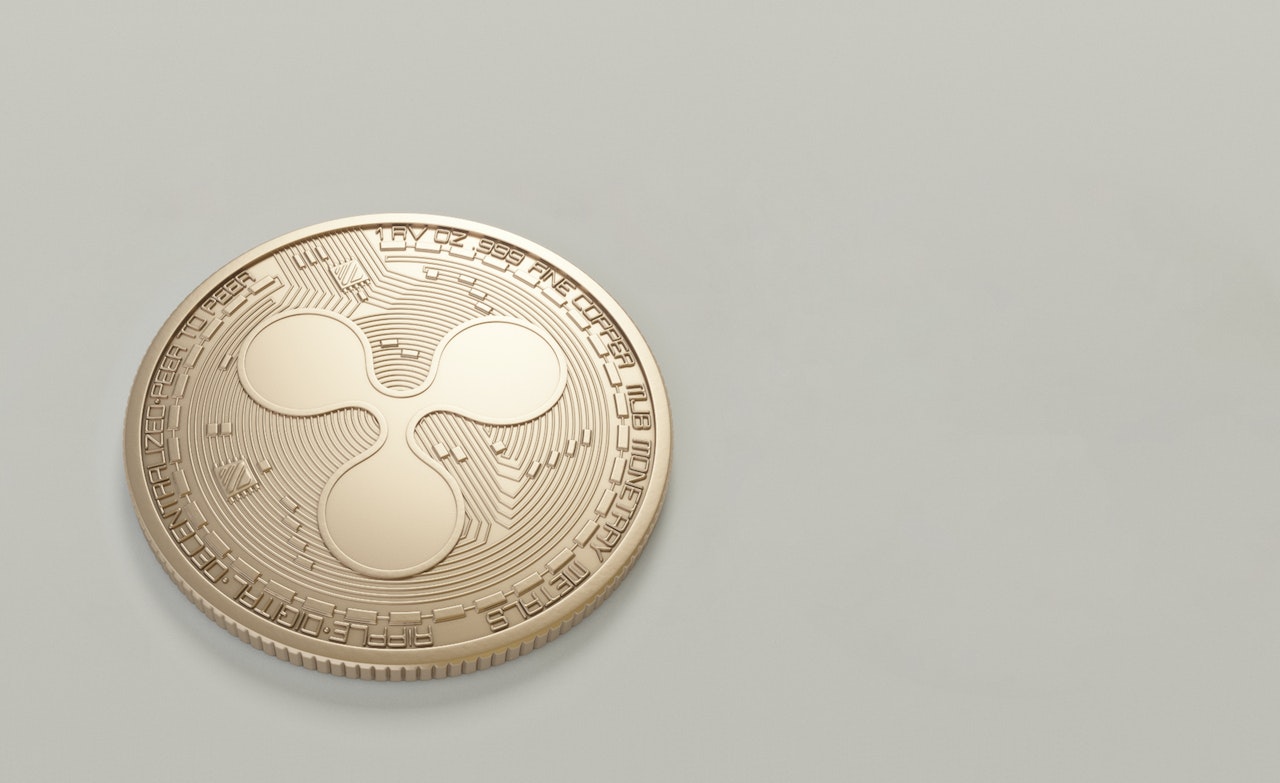
The legal battle between Ripple and the U.S. Securities and Exchange Commission (SEC) shows no signs of abating as both parties exchange accusations and arguments in court.
The latest development in the case is that Ripple has rejected the SEC’s offer to settle the lawsuit, which would have required the company to admit that it sold unregistered securities in the form of XRP tokens.
Ripple CEO and General Counsel Criticize SEC’s Actions
In a series of tweets, Ripple CEO Brad Garlinghouse and General Counsel Stuart Alderoty expressed their frustration and disappointment with the SEC’s handling of the case. Garlinghouse accused the SEC of “ignoring the voice of crypto” and “creating more uncertainty” for the industry.
He also claimed that the SEC’s lawsuit against Ripple was motivated by politics and personal agendas, rather than by the protection of investors.
I guess you and @s_alderoty hammering the SEC and Gensler in recent tweets means you are not about to sign a settlement agreement, in which case hammer away. https://t.co/PCHMqH32iq
— bill morgan (@Belisarius2020) March 30, 2023
Alderoty echoed Garlinghouse’s sentiments and added that the SEC’s offer to settle was “unacceptable” and “unprecedented”.
He argued that the SEC was trying to impose a “regulatory death penalty” on Ripple and XRP, without providing any clear guidance or due process.
He also pointed out that the SEC had previously granted no-action letters to other crypto projects, such as Ethereum and EOS, which had similar token sales as Ripple.
What Does This Mean for Ripple and XRP?
The rejection of the settlement offer means that the lawsuit will likely proceed to trial, unless the parties can reach a different agreement or the judge dismisses the case.
This could take months or even years, depending on the complexity and pace of the litigation. In the meantime, Ripple and XRP will continue to face uncertainty and challenges in the U.S. market, where many exchanges have suspended or delisted XRP trading due to the legal risks.
However, Ripple and XRP also have some opportunities and advantages in other regions, such as Asia and Europe, where regulators have been more supportive and friendly towards crypto innovation. Ripple has been expanding its partnerships and operations in these markets, especially cross-border payments and remittances.
The company has also been investing in new technologies and initiatives, such as NFTs, CBDCs, and DeFi, to diversify its offerings and reach new audiences.
Ultimately, the outcome of the lawsuit will have significant implications for not only Ripple and XRP, but also for the entire crypto industry.
The case will test the validity and applicability of the SEC’s framework for determining whether a digital asset is a security or not. It will also set a precedent for how other crypto projects and tokens will be regulated and treated by the U.S. authorities.
Therefore, it is important to follow the developments of this case closely and stay informed about its potential impacts.

